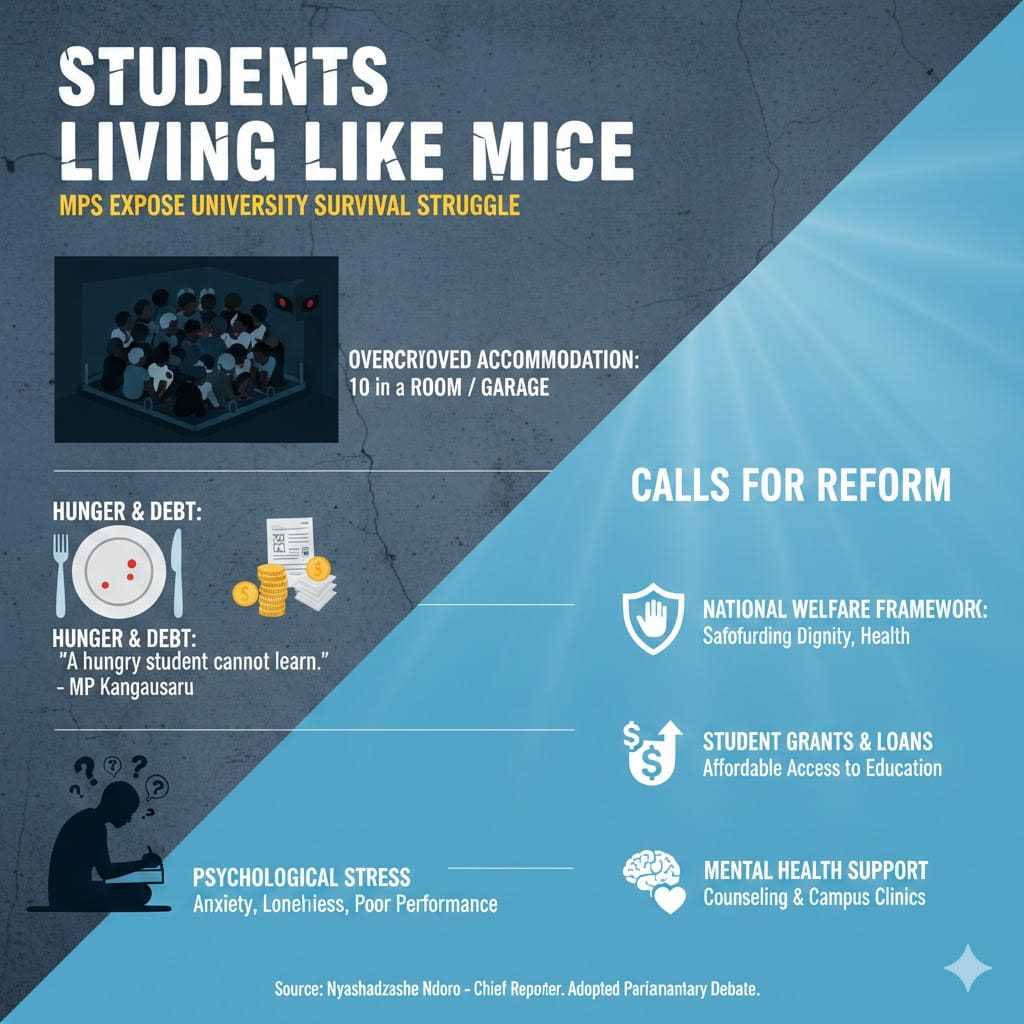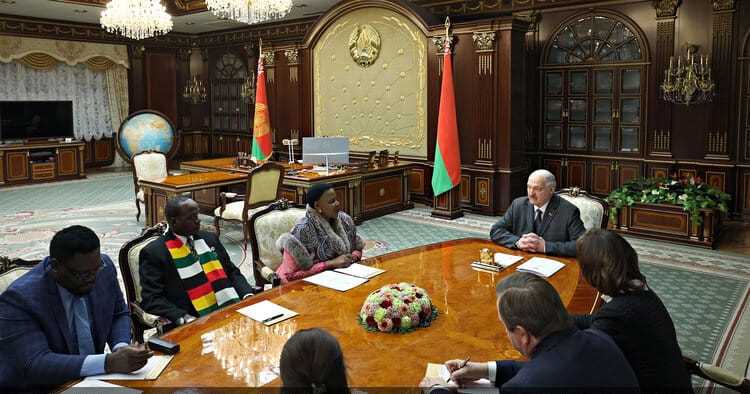
Zim Now Writer
Asset management firm, Bard Santner Investors has launched a gold coin unit trust called Bard Santner Gold Coin Unit Trust.
The move is meant to drive financial inclusion in the country while also reigniting a savings culture in Zimbabwe, a statement released by the firm said.
The firm said the Bard Santner Gold Coin Unit Trust had the capacity to defend investors against high inflation and currency volatility.
“Bard Santner Gold Coin Unit Trust… offers investors an inflation-proof asset denominated in hard currency,” the firm said after the launch.
“The instrument is designed to ensure financial inclusion and contribute to resuscitating a savings culture in Zimbabwe. The underlying asset of the unit trust is the Mosi-oa-Tunya Gold Coin issued by the Reserve Bank of Zimbabwe,” Bard noted.
“Gold is a defensive asset, which makes it a good asset to hold so as to withstand market and exchange rate volatility so prevalent in the world in these times. Global uncertainties brought about by wars and pandemics have seen the gold price increase by 50 percent between 2017 and 2022 while global production has shrunk some 10 percent over the same period,” the statement said.
The central bank introduced gold coins in July last year as an investment option in Zimbabwe under its aggressive mop-up operation that was aimed at containing inflation.
The higher denomination coins came out first with smaller denominations coming out in November, giving small scale investors room to participate.
Related Stories
To date over 11 000 coins worth $11,5 billion have been sold.
The statement also said Bard will be the fund manager responsible for investing unit holder funds, while mortgage lender, CABS will be the trustee, which will keep the fund assets in custody on behalf of unit holders.
The minimum investment will be US$120, but investors can invest in monthly instalments of US$15 or the equivalent in Zimbabwe dollars, at the prevailing bank rate.
“Zimbabwe has a severe shortage of investment funds which has constrained growth.
“There is need to address this problem by ensuring a certain level of short-term, medium-term and long-term savings to meet the investment needs of the economy,” said the statement, adding that Bard, like other players such as government and private sector, should drive savings through various initiatives.
The saving culture in Zimbabwe has not recovered from the hyper-inflationary rages since 2000, which eroded investor confidence in formal markets.
The country’s annual inflation closed 2022 at 243 percent, the highest such rate in the world.


















Leave Comments